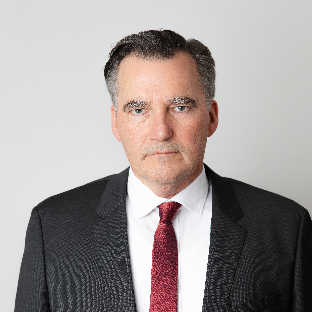Today’s Federal Court decision dismissing a challenge on the validity of the NSW North-East Regional Forest Agreement (RFA) is a vindication that sustainable native forestry operations in NSW are well governed by the federal-state regulatory framework, Australian Forest Products Association (AFPA) NSW CEO James Jooste said today.
“The Federal Court decision is a vindication for the sector and the contribution it makes to the economy, environment, communities and society in NSW, Australia and internationally. It’s also a message to activists that the RFA framework stands, and the native forestry sector has a right to operate without their irresponsible legal meddling in the daily lives of timber workers and their families,” James Jooste said.
“The decision is also a major win for the climate, easing cost of living pressures and sovereign capability with so many renewable, sustainable and essential products created by the NSW native forestry sector.”
NSW’s native hardwood forestry industry is worth $1.8 billion to the economy and employs 9,000 people, more than half of them in the state’s north-east in communities built on the sector. For generations they have provided a sustainable industry which selectively harvests forests for timber and fibre and manufactures the resource into high grade construction timber, decking, furniture and other products.
“I call on the Minns Government to continue recognising the importance of native forestry to the state and to work with us as plans progress for a Great Koala National Park on North Coast. Without the sector, we face a future of more timber and wood fibre imports from countries without Australia’s high regulatory standards, fewer quality job opportunities in our regions, increased cost of living and a stalled progression on emissions reduction,” James Jooste said.
“The industry will now continue to get on with the job it’s there to do. Providing sustainably sourced products that are essential for our way of living, while making sure our regions continue to be vibrant places to live,” James Jooste concluded.







